3 Reasons Why PR Coverages Are Hurting You More
If you are a company or working in the PR field, I'm sure you have encountered people from the industry who discuss coverages and their impact. However, they often fail to grasp the distinction between effective communication and mere coverage. Allow me to elaborate. Let's take a public relations agency that employs a media relations team to establish connections with the brand. This team creates story pegs and develops content related to these pegs, helping them achieve specific communication objectives. Now, let's revisit the process of signing a contract with the client and agency. When a company begins its collaboration with an agency, the agency often promises a certain number of coverages in exchange for the consulting fee. However, here's the problem: Many agencies make commitments they can't fulfill due to competition and the constant pressure to generate revenue. In this rush, their focus shifts from serving the clients to merely securing coverages, leading to detrimental outcomes. Brand Post: In today's fast-paced world, brands strive to be featured with timely deliverables.
However, they often confuse branded content with earned coverage. Brands may also misunderstand how their content is perceived by the audience when published on various platforms. It is important to understand the fundamental difference between a brand post, which involves paid activities, and media coverage, which is earned through the efforts of journalists and establishes credibility. If a brand is new and aims to create brand awareness or gain visibility, brand posts can be a viable and cost-effective approach. However, if a company
aims to establish credibility and build trust, it should opt for the conventional PR method known as earned PR.
Strategy: Achieving a goal requires a well-thought-out strategy. If you aim to catch a 10 am train, you can't leave for the station at 10 am; that would be a flawed strategy. Similarly, if the distance to the station is only 45 minutes, there's no need to leave the house 7 or 3 hours in advance. To execute a successful plan, one must focus on the right strategy. Just as food won't quench thirst and water won't satiate hunger, it's essential for PR professionals to consult effectively with the brand, understand its current needs, and tailor the execution accordingly. Goal Setting: Unclear goal setting is a significant factor that can misrepresent a brand and lead to issues with coverages. Let's consider this from a startup's perspective. If you are a startup founder aiming to raise funds in the current quarter, your goal is to attract the attention of investors rather than customers. In such cases, it is crucial to strategically utilize various mediums to reach investors and maximize the impact of your activities. Research: In today's world, research forms the backbone of any campaign, regardless of its scale.
Whether it's a moment marketing initiative to captivate the audience or a long-term campaign to build trust, thorough research on the preferences and behaviors of your target audience is essential. A brand should be aware of where their target audience is and what they consume. In conclusion, it is the responsibility of PR professionals and the company itself to exercise caution when initiating any campaign. Compromising on quality to save a few thousand dollars is not advisable because PR is a long-term investment, not a short-term



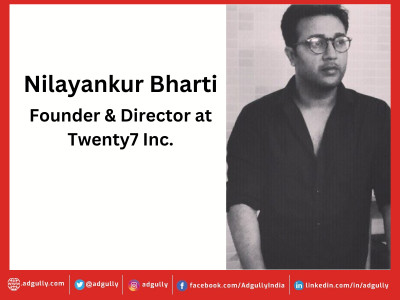
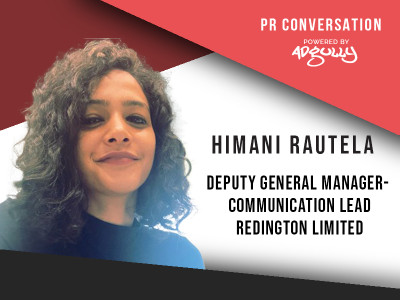



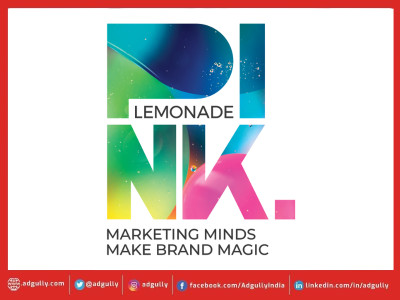

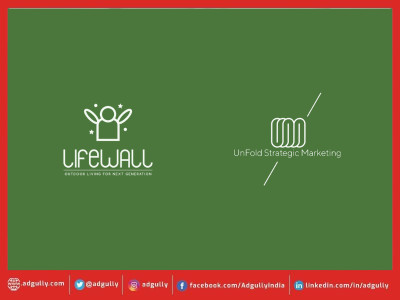
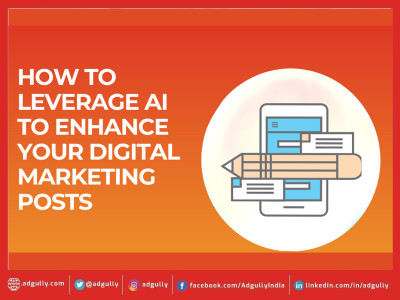
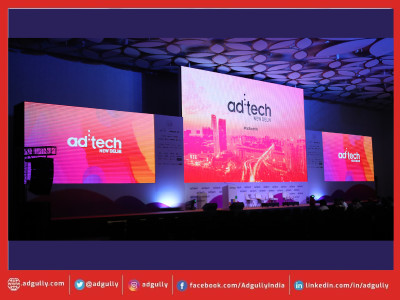
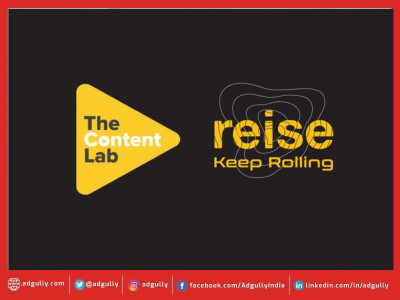
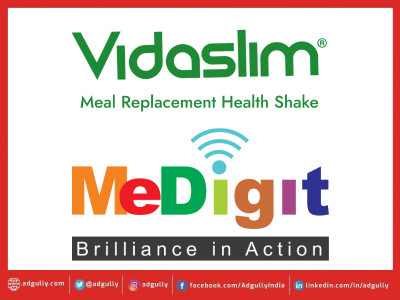



Share
Facebook
YouTube
Tweet
Twitter
LinkedIn